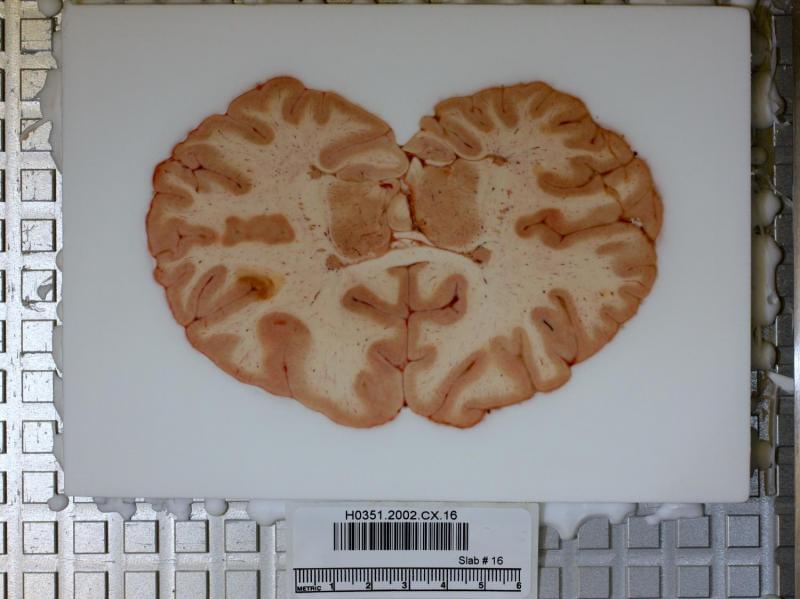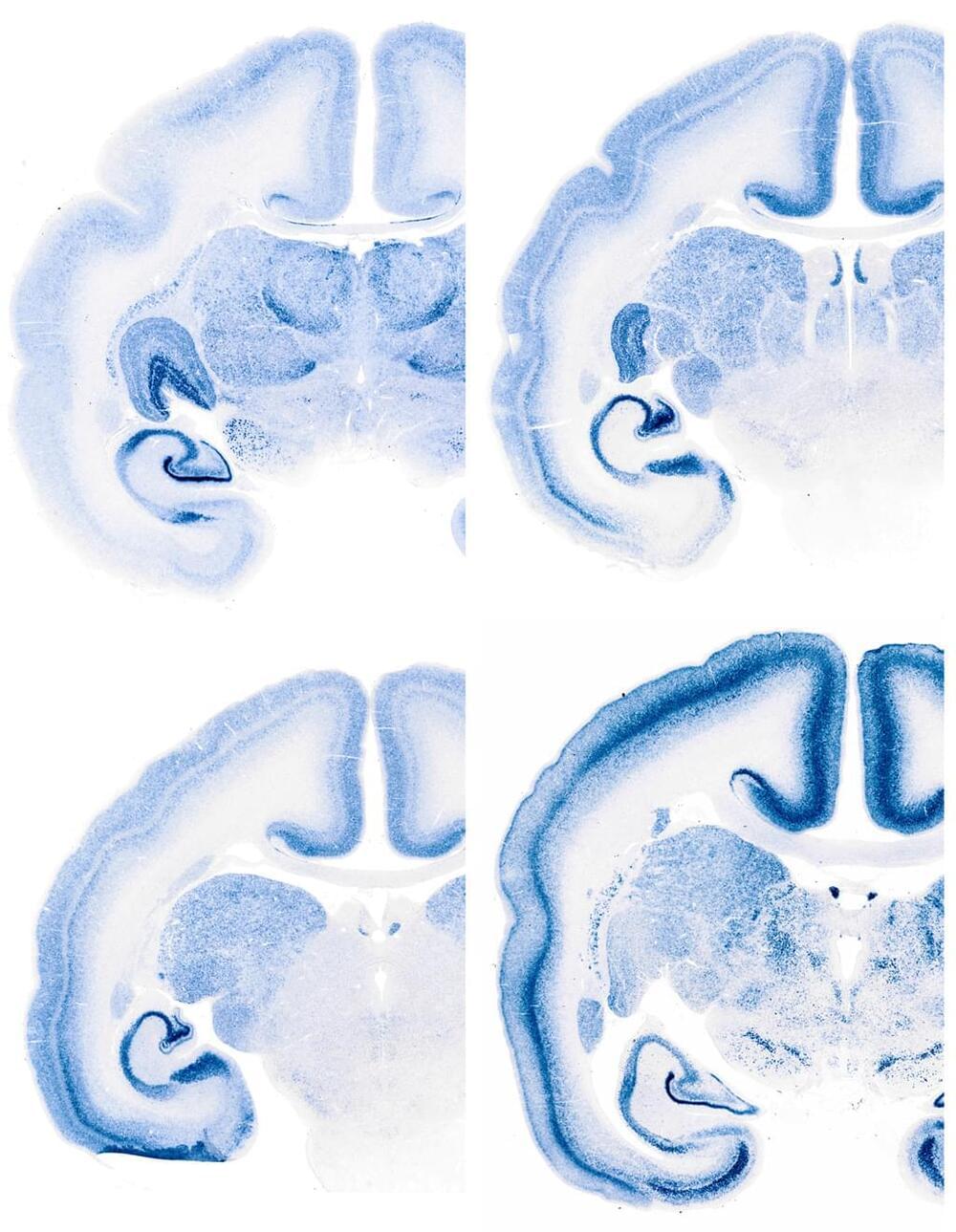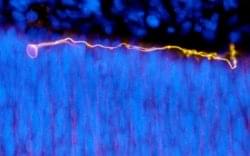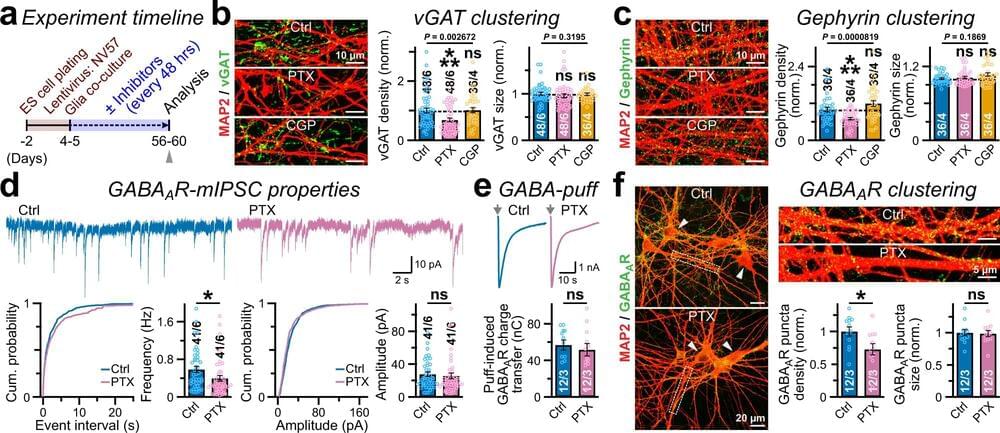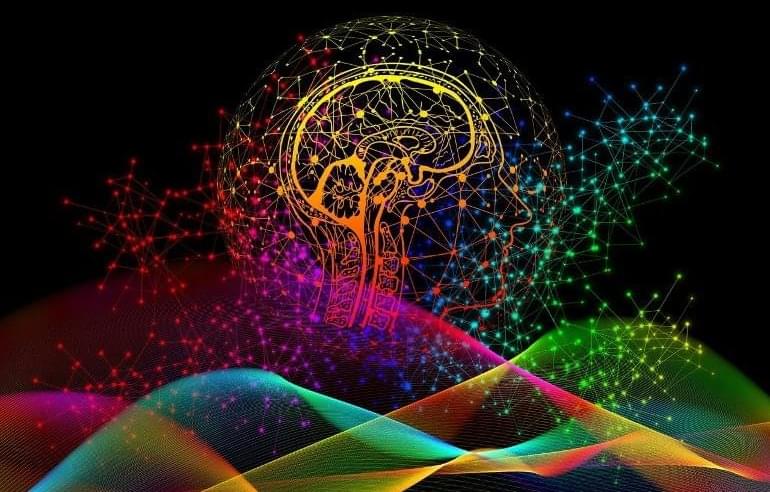The human brain may be the most complex piece of organized matter in the known universe, but Allen Institute researchers have begun to unravel the genetic code underlying its function. Research published this month in Nature Neuroscience identified a surprisingly small set of molecular patterns that dominate gene expression in the human brain and appear to be common to all individuals, providing key insights into the core of the genetic code that makes our brains distinctly human.
“So much research focuses on the variations between individuals, but we turned that question on its head to ask, what makes us similar?” says Ed Lein, Ph.D., Investigator at the Allen Institute for Brain Science. “What is the conserved element among all of us that must give rise to our unique cognitive abilities and human traits?”
Researchers used data from the publicly available Allen Human Brain Atlas to investigate how gene expression varies across hundreds of functionally distinct brain regions in six human brains. They began by ranking genes by the consistency of their expression patterns across individuals, and then analyzed the relationship of these genes to one another and to brain function and association with disease.
